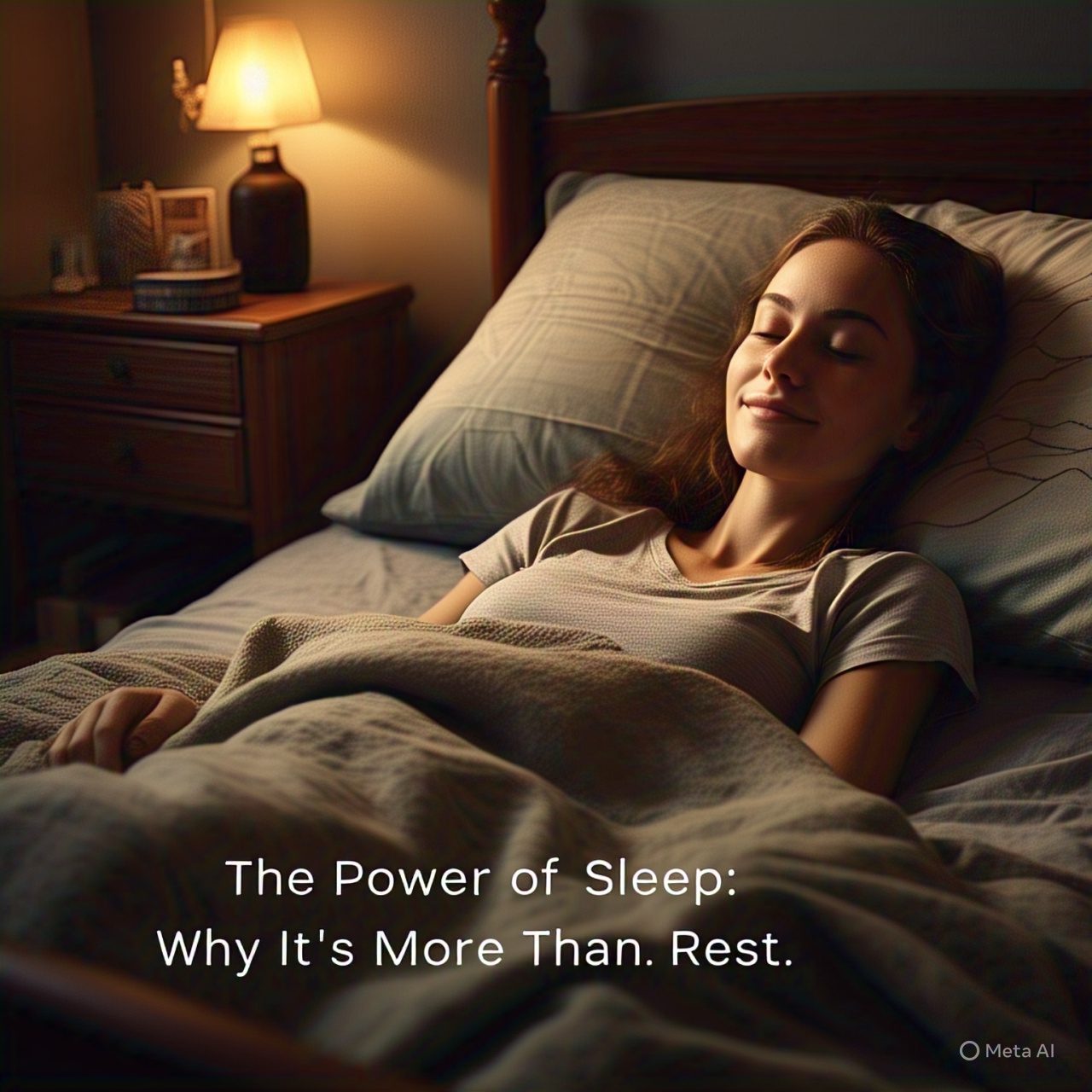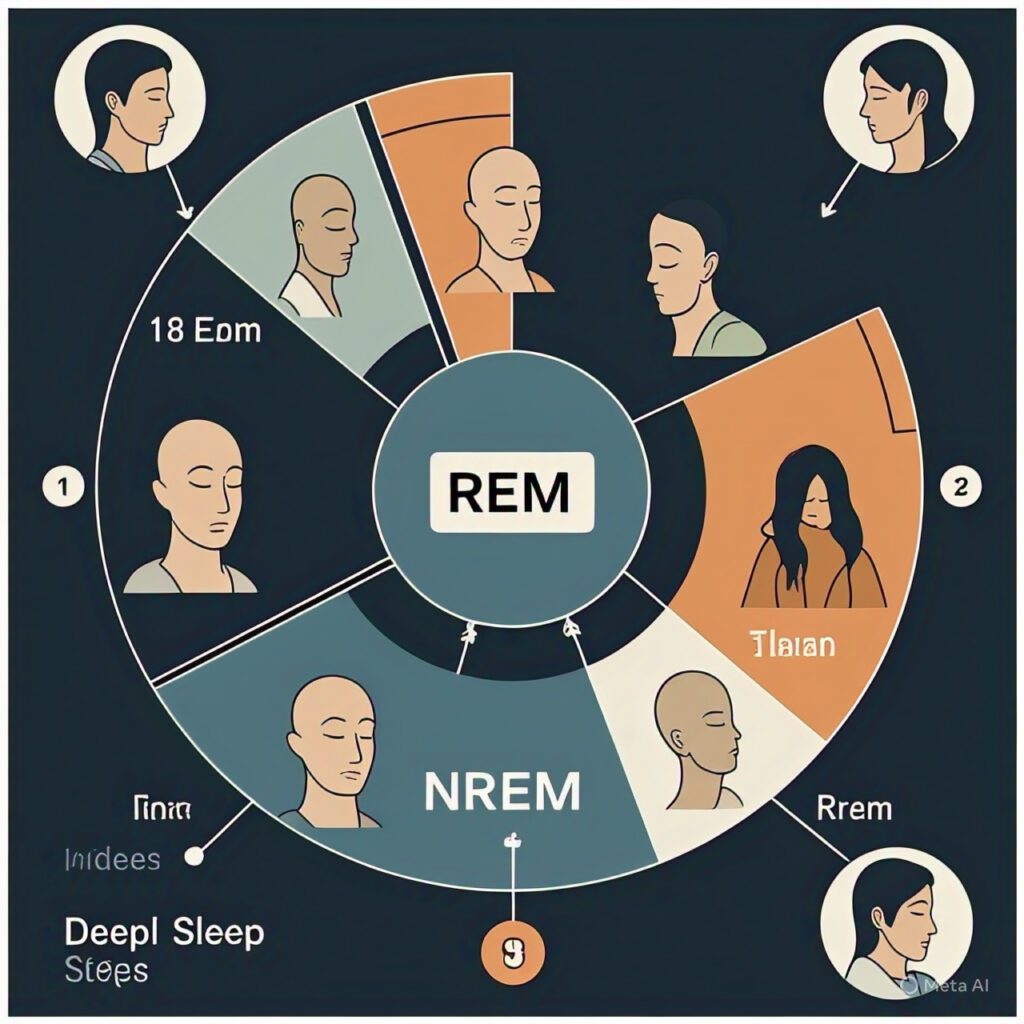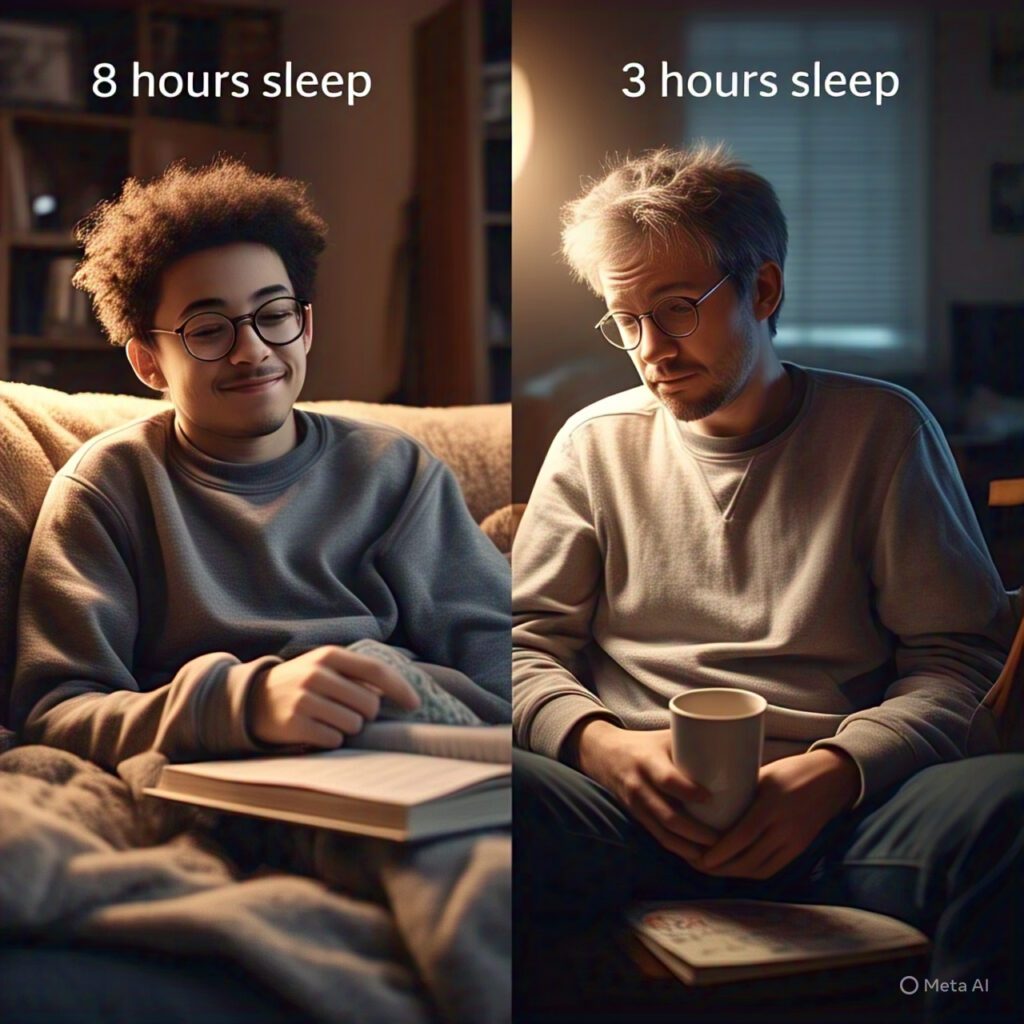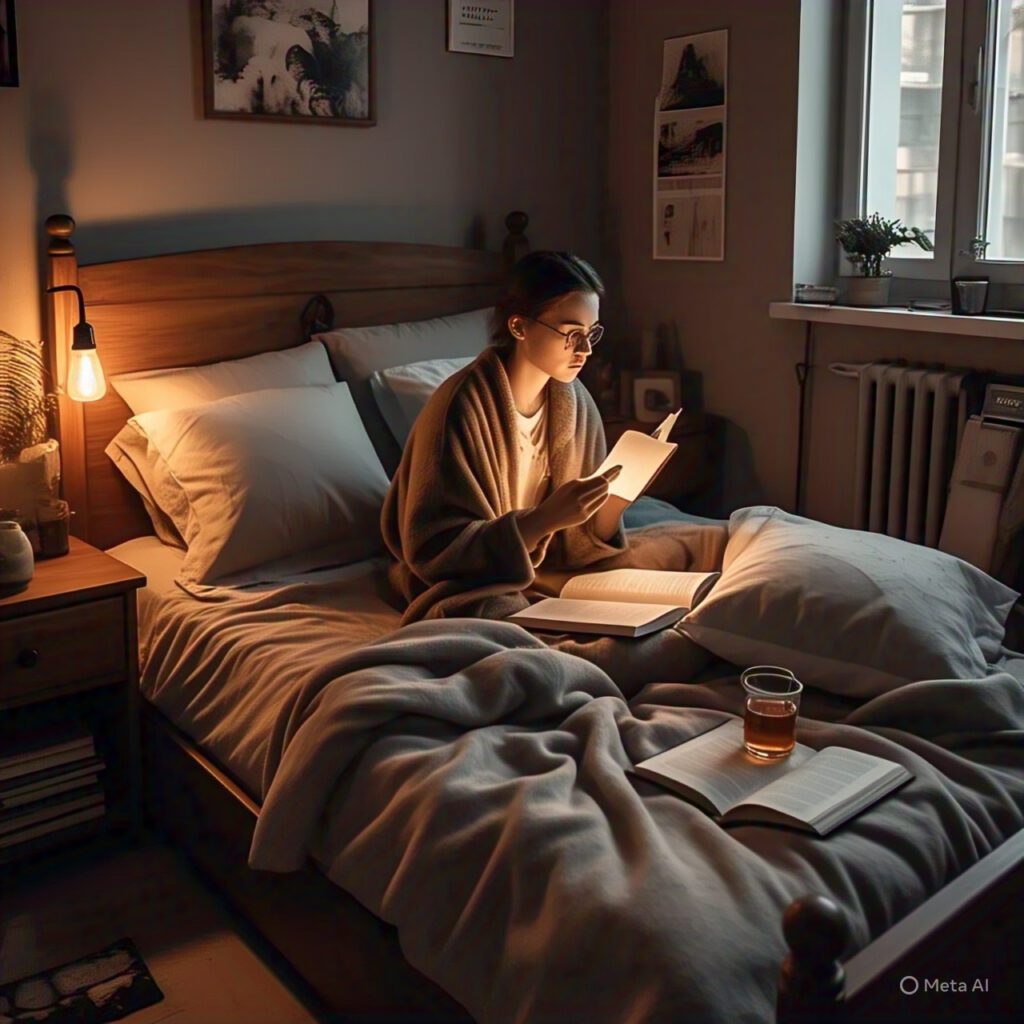
Sleep – it seems so simple. We lie down, close our eyes, and drift off. But behind the scenes, our body is hard at work repairing, restoring, and recharging. In a world obsessed with hustle, sleep is often undervalued. Yet, it’s one of the most crucial pillars of health—just like food, water, and exercise.
🧠 What Happens When We Sleep?
Sleep is not passive. Our brain cycles through different stages: REM (Rapid Eye Movement) and Non-REM sleep. During deep sleep, tissues grow and repair, hormones are released, and memories are consolidated.

😴 Why Do We Need Sleep?
1. Cognitive Function:
Sleep improves concentration, problem-solving, and creativity. Without enough rest, your brain works harder but performs worse.
2. Emotional Balance:
Poor sleep affects mood and increases the risk of anxiety and depression.
3. Physical Health:
Quality sleep helps regulate blood pressure, blood sugar, and even supports your immune system.

⏰ How Much Sleep Do You Really Need?
According to experts:
- Newborns: 14–17 hours
- Teens: 8–10 hours
- Adults: 7–9 hours
- Older adults: 7–8 hours
It’s not just about quantity—but also quality.
🚨 Signs You’re Not Getting Enough Sleep
- You feel tired even after a full night
- Mood swings or irritability
- Brain fog or forgetfulness
- Cravings for sugar and carbs
- Frequent yawning during the day
Sleep deprivation accumulates over time—leading to “sleep debt”, which can affect your heart, metabolism, and mind.
🌙 How to Sleep Better: 7 Proven Tips
- Stick to a schedule: Go to bed and wake up at the same time daily.
- Create a sleep-friendly environment: Dark, cool, and quiet rooms improve sleep.
- Avoid screens 1 hour before bed: Blue light blocks melatonin, your sleep hormone.
- Limit caffeine and alcohol: Especially in the afternoon/evening.
- Exercise regularly: But avoid intense workouts too close to bedtime.
- Wind down with a routine: Read, take a warm shower, or meditate.
- Limit naps to 20 minutes: Power naps can help, but long naps may affect nighttime sleep.

😌 The Link Between Sleep and Mental Health
There’s a two-way relationship between sleep and mental health. Poor sleep contributes to stress, while stress disrupts sleep. Techniques like breathwork, mindfulness, and gratitude journaling can quiet your thoughts and improve rest.
🌍 Global Sleep Crisis: Are We All Sleep-Deprived?
Studies show that over 35% of adults don’t get enough sleep. With smartphones, shift work, and digital noise, our natural rhythms are under constant attack. But small daily habits can change the course of your sleep—and your life.
🛌 Final Thoughts
Sleep isn’t a luxury. It’s a necessity for a healthy, happy life. Prioritizing it is an act of self-care, not laziness. So tonight, instead of another Netflix episode or late-night scroll, give your body the rest it deserves.